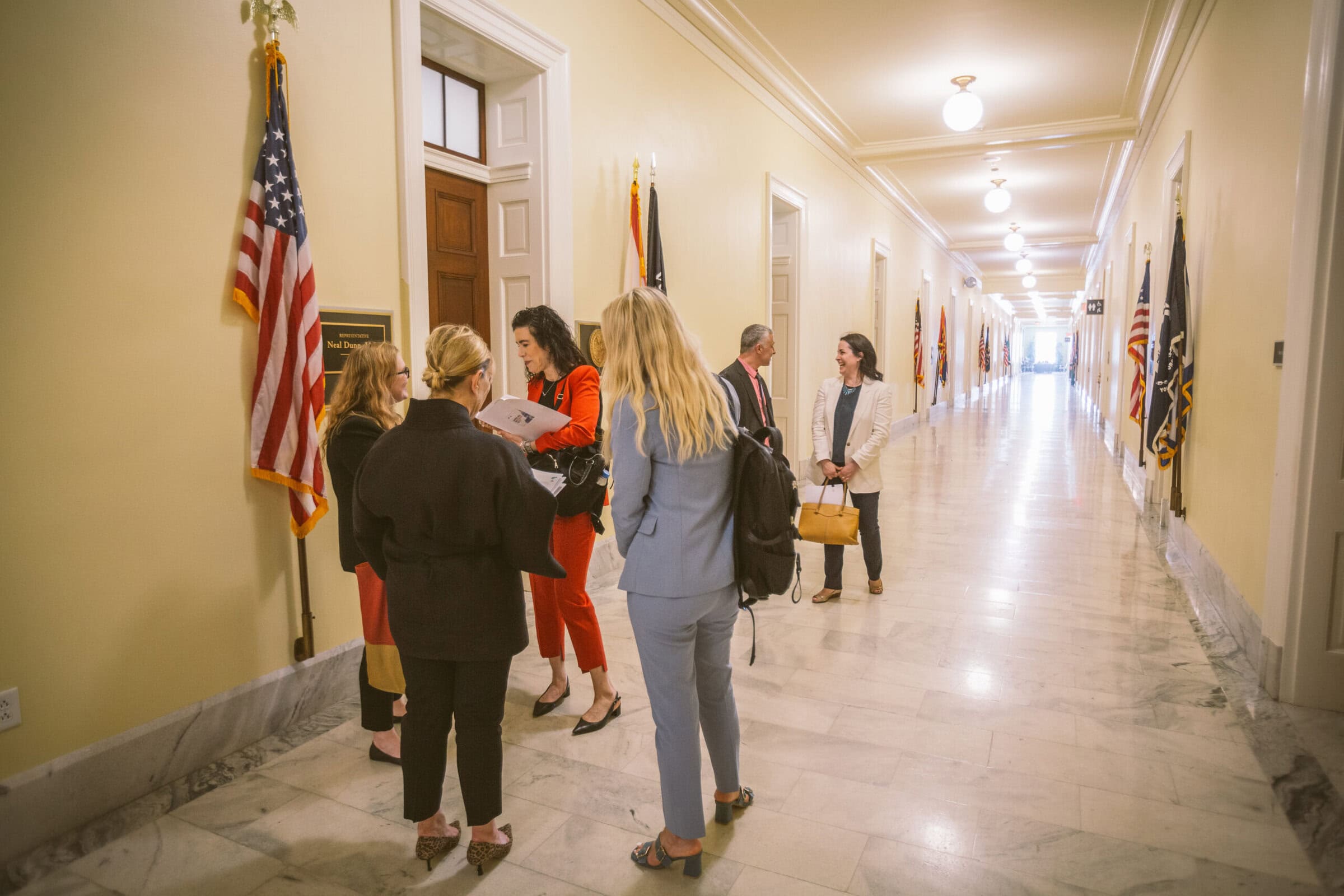Author
Amanda Anderson
VP, Government Relations
Topic
- Government Relations
- Labor
Florida’s new Contracts Honoring Opportunity, Investment, Confidentiality, and Economic Growth (CHOICE) Act — which became law on July 3, 2025 — cements the state as one of the most employer-friendly jurisdictions in the country for restrictive covenants.
Employees or independent contractors earning more than twice the average wage in their county — roughly $80,000 to $150,000 depending on location — can now be required to sign noncompete or “garden leave” agreements lasting up to four years. These agreements are automatically presumed valid. Licensed health care practitioners, as defined under Section 456.001 of the Florida Statutes, are excluded.
This law is a sharp departure from the national trend, where many states — and even the Federal Trade Commission in a recent but unsuccessful effort — are working to limit or ban noncompete agreements. Florida lawmakers say the Act is designed to promote economic growth and protect business investments.
Key Changes to Noncompete Agreements
- Longer duration: Noncompetes can now last up to four years, double the common two-year period.
- Broader restrictions: Employers can bar former employees from taking roles where they could use confidential information or client relationships.
- No geographic test: The law eliminates the need to justify geographic limits, making enforcement simpler.
- Advance notice: Employers must give at least seven days’ notice of the right to consult legal counsel, and agreements must confirm the employee has received confidential information.
Key Changes to Garden Leave Agreements
- Structured notice period: Employers and employees can agree to up to four years’ notice before termination.
- Pay and benefits guaranteed: Salary and benefits must continue throughout this period.
- Limited service requirement: Employees need to work only during the first 90 days of notice.
- Flexibility for other work: With employer approval, employees may pursue other activities or jobs; employers can shorten the notice period with 30 days’ notice.
- Advance notice: Same as noncompetes, agreements must provide notice of legal rights and acknowledgment of confidential information.
The Act also gives employers stronger procedural advantages, making injunctions against former employees almost automatic. However, federal courts may not fully apply these presumptions, creating uncertainty outside Florida state courts. Employers should consider jurisdiction carefully when litigating disputes.
Implications for advertisers and agencies
For agencies and marketing organizations, the CHOICE Act has both strategic and operational consequences. Florida’s employer-friendly stance may attract companies to relocate or expand in the state, particularly in competitive fields like marketing, media, and creative services. But it also restricts employee mobility, making it harder to hire senior strategists, account leads, or creative directors from competitors. Employees bound by restrictive covenants may find career moves riskier.
The contrast between Florida’s pro-enforcement approach and other states’ restrictions complicates workforce planning. National agencies with offices in multiple jurisdictions must adapt agreements to meet differing state rules while maintaining flexibility to attract and retain talent. Agencies should update their noncompete templates and monitor early court decisions interpreting the law.
The CHOICE Act underscores Florida’s effort to position itself as a hub for investment by offering strong protection for businesses’ intellectual capital and workforce. For advertisers and agencies, it’s a reminder that restrictive covenant laws are diverging by state — requiring talent strategies tailored to an evolving legal landscape.
Have questions about Florida’s CHOICE Act or laws governing employee noncompete agreements? Please contact Amanda Anderson, 4As VP, Government Relations.
Related Posts



12/17/2025


